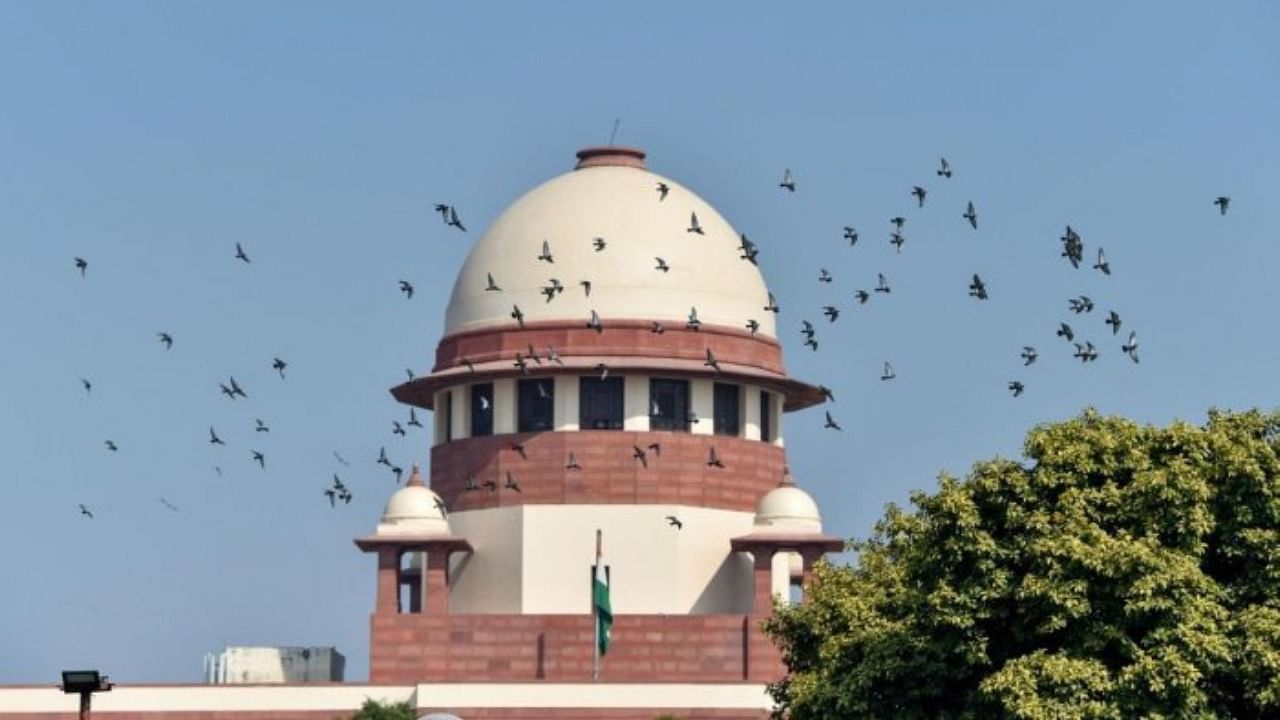
The Supreme Court on Thursday made a welcome decision to quash sedition charges filed against senior journalist Vinod Dua for criticising Prime Minister Narendra Modi. The court also made an important ruling that journalists should be protected against wrong and arbitrary prosecution under Section 124A of the IPC, which is the sedition law.
The court’s ruling came two days after it had decided to review the sedition law in the context of media freedom. The law has now become a weapon used by governments to curb free speech and expression. The Supreme Court decided to examine the provision in a case related to the slapping of sedition charges on two TV channels and an MP by the Andhra Pradesh government over a speech made against it.
There is already a case before the court challenging the validity of the law. A judge who was part of the bench hearing the Andhra case sarcastically asked whether sedition cases would be filed against the media for reporting on the bodies of Covid victims floating in the Ganga, too. While the ruling in the Vinod Dua case is welcome, every citizen should, in fact, be entitled to such protection because media freedom derives from the freedom of speech, which is everyone’s right.
The Supreme Court upheld the constitutional validity of the sedition law in the Kedar Nath case in 1962 but restricted its scope. The court laid down that its use must be limited to acts involving an intention or tendency to create disorder or disturbance of law and order or incitement to violence.
Also read: SC for protecting journalists; quashes FIR against Vinod Dua for criticising Modi government
To underline this, the court also said, “the citizen has his right to say or write whatever he likes about the government or its measures.” But governments routinely file sedition cases against critics and dissidents over a range of issues, including raising of slogans, peaceful protests, and reporting of inconvenient incidents. Sedition cases have increased after the Modi government came to power, and criticism of government leaders and policies has invited sedition charges. Threats to jail people on sedition charges have become common.
The conviction rate in sedition cases is very low, and that shows that most cases do not stand the scrutiny of law and were filed for political or other extraneous reasons. But the process becomes the punishment because bail is difficult to get under the stringent law, and cases drag on for a long time.
Such a draconian law, which is misused to curb the constitutional rights of citizens, has no place in a democracy. Many countries like the UK and Australia have scrapped it, and India also should do so. The court should undertake its review at the earliest.